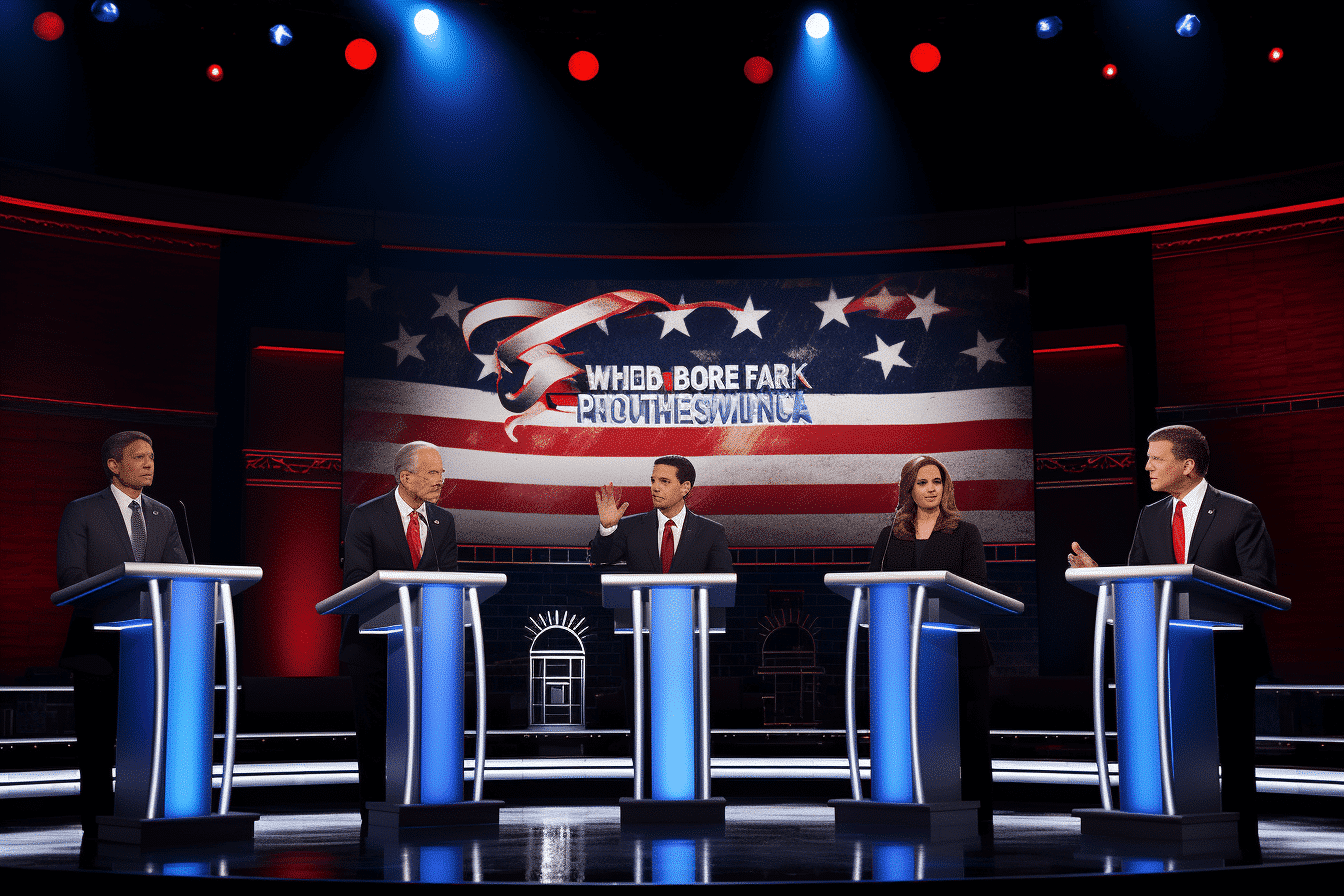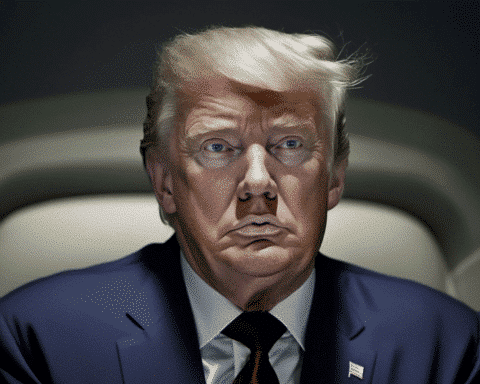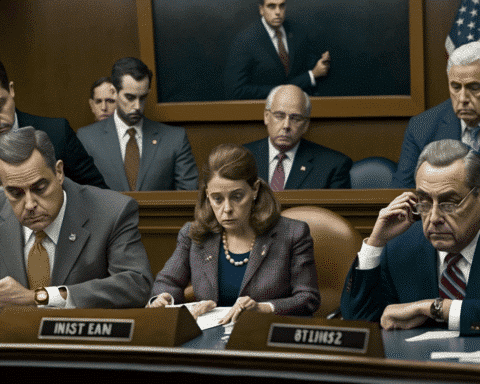As the echoes of the Israel-Hamas conflict continue to reverberate, Republican presidential hopefuls made their stances clear in the third debate of the season. With unwavering support for Israel as a common thread, the candidates sparred over policies on China and Ukraine, signalling a unified front against the absent Donald Trump.
Former UN Ambassador Nikki Haley and Florida Governor Ron DeSantis, who are seen as Trump’s main rivals, took center stage, pushing their credentials as the true bearers of conservative values. Haley, in a pointed critique, vowed to sever trade with China, citing the fentanyl crisis as a national scourge, challenging DeSantis to match her commitment. DeSantis retorted by highlighting Haley’s past dealings with Chinese investment in her tenure as South Carolina governor.
The urgency is palpable as the Iowa caucuses loom, compelling candidates to establish themselves as viable contenders against Trump’s towering influence. Despite his absence, Trump’s presence was felt as candidates were prompted to argue their case against his potential re-election.
DeSantis didn’t shy away from criticizing Trump’s absence, framing it as a disservice to voters, while Haley aimed Trump’s shifting stance on Ukraine. Yet, the focus remained firmly on policy over personal attacks, with discussions on environmental issues and the hot-button topic of abortion rights revealing divides among the candidates.
Haley’s nuanced approach to the abortion debate, advocating for middle-ground solutions like banning late-term abortions and promoting contraception, contrasted with DeSantis’ hardline stance as he defended Florida’s six-week abortion ban.
The debate also saw contributions from Senator Tim Scott, former Governor Chris Christie, and biotech entrepreneur Vivek Ramaswamy. Each brought their perspectives to the fore, with Scott appealing to the electorate’s faith, Christie emphasizing the U.S.’s role as a global leader in supporting Ukraine, and Ramaswamy attempting to carve out his niche by challenging his co-contenders, notably Haley.
On foreign policy, the candidates presented a united front in support of Israel, in contrast to the Democratic party’s handling of the issue. They also addressed the rise in antisemitism, especially in academic settings, pledging to take a stand against it.
Despite these heated exchanges, the shadow of Trump’s campaign loomed large, with his recent rally in Hialeah serving as a testament to his ongoing appeal among voters, leaving the debate’s impact on his standing in question.
The Republican candidates showcased a blend of shared commitments and individual policy visions. As the race to the primaries intensifies, it remains to be seen whether this debate will sway Republican voters searching for a Trump alternative or solidify the former President’s grip on the party.




